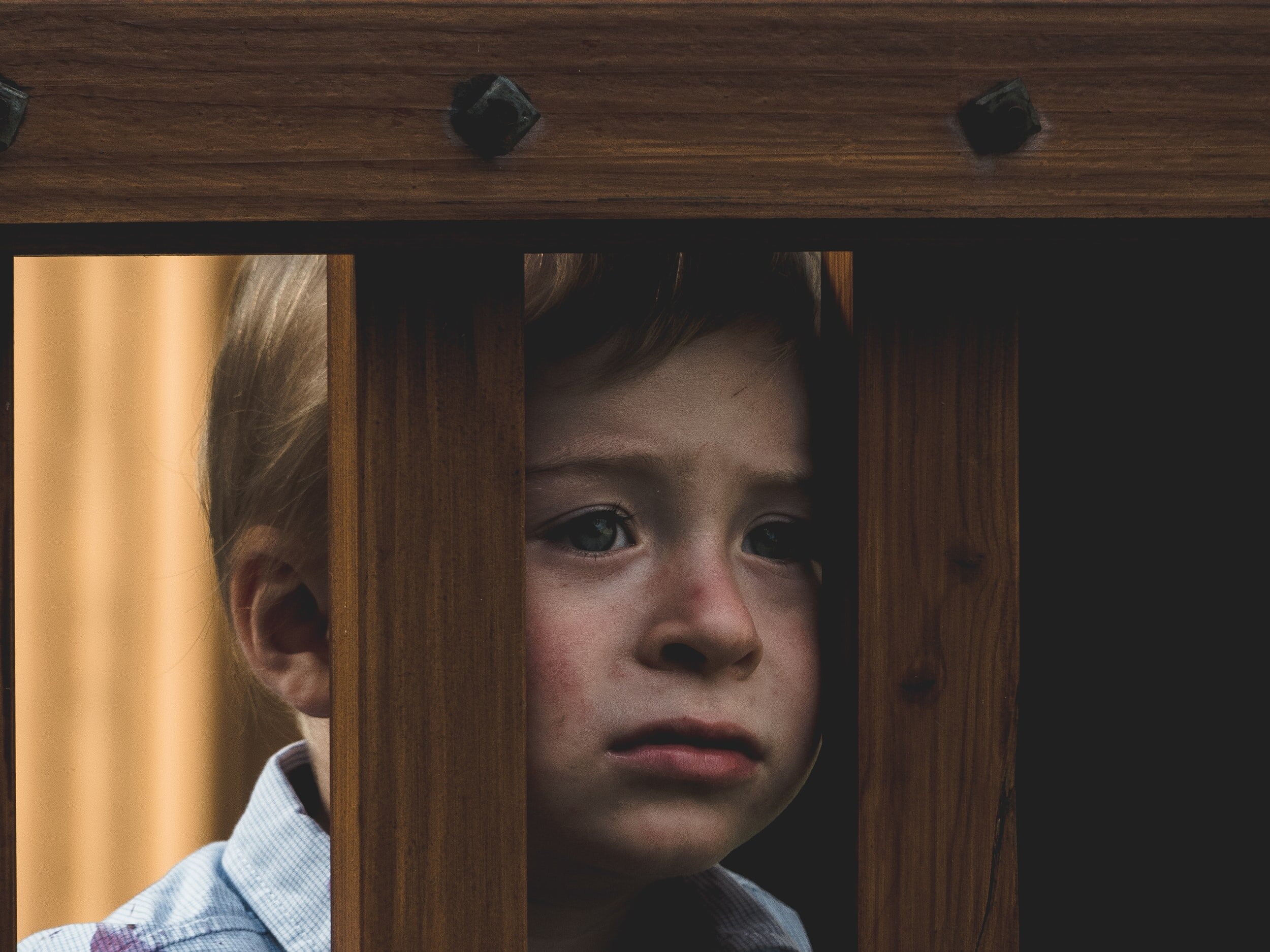Mental health effects of COVID-19 on children and adolescents.
The viral pandemic brought along many distresses. Among those is the increase of depression and anxiety in kids and teens. The confinement for this age group meant no extracurricular activities, and no friends, taking away practically their social lives. A survey published in JABA Pediatrics showed that in a group of 1,784 children from grades 2-6 that have been confined at home for 34 days, 23% showed depressive symptoms and 19% showed symptoms of anxiety.
Here are 5 ways you can help your child cope with the effects of COVID-19.
Plan outdoor activities
Try and do a weekly activity with your child such as bike riding, or taking a walk in the neighborhood. Getting your child out in open air (while still maintaining social distancing guidelines) can help your child relieve some internalized stress.
Schedule game nights
Have a weekly game night with your kids to add “fun & games” to the day. Everyone loves a good, competitive game night!
Group video calls
The children, teens especially, miss their friends, so organize group video calls for your kids and their friends. Video calls and a sense of nearness that can offset the extreme feeling social distancing.
Learn a new skill
Take advantage of the extra time to your child to teach your child a new skill such as cooking, hairstyling, or handy work around the house. Don’t be afraid to get creative.
Prayer & Meditation
Have a weekly prayer and tell your child to bring a prayer request each week. Exercising and instilling spirituality in your child during these times is key to help him/her deal with the daily frustrations that they may face with the confinement and social distancing.
Don’t forget to check on your child. Children and adolescents can be reserved, so simply asking “Are you ok?” or “How are you feeling today?” can go further than expected. Sometimes children just want to know that you care.
Remember to stay faithful & safe!

